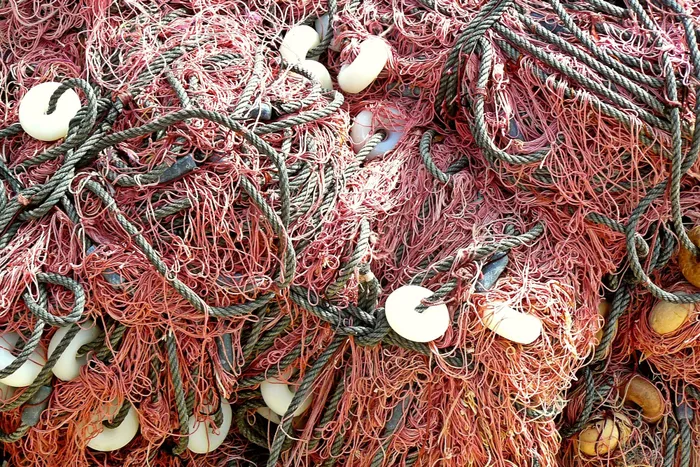WATCH: Africa’s coastline needs more protection from international trawlers stealing its fish reserves

Billion dollar multi-national companies are stealing billions worth of fish stocks out of Africa’s vast coastline at a rapid pace. Pixabay.
Cape Town - According to the Institute for Security Studies, the world’s largest crime scene is our oceans, those parts of the oceans that fall outside the national jurisdiction of coastal states.
Tomorrow is World Oceans Day.#WorldOceansDay #oceans #fish #overfishing #emptyoceans pic.twitter.com/ejEslDzKpR
— Tjeerd Royaards (@Royaards) June 7, 2022
Governance and regulation are limited here, given the principle of the freedom of the seas.
“Many of these crimes and activities have been attributed to organised criminal groups operating at sea, but legal sea users that carry out illicit schemes are also responsible.”

So who are the parties looting Africa’s seas?
A UN Office on Drugs and Crime study on transnational organised crime in the fisheries sector identified illegal fishing and overfishing, the dumping of toxic waste and pollution from vessels as common criminal activities carried out by networks on the high seas.
These are also called transnational fisheries crime, or transnational environmental crime.
Africa is no stranger to man-made disasters in its oceans, which further destroy our reserves.
In August 2020, the pristine coast in Mauritius turned black after a major oil spill caused by a Japanese ship that ran aground.
The Niger Delta in southern Nigeria is one of the most polluted places on Earth, says the Institute for Security Studies.
Decades of spillages from over 50 years of oil operations from mainly large trawlers from Asia and various parts of the world continue to erode local communities’ health, well-being, and livelihoods.
Meanwhile, thousands of events took place around the world today mark World Oceans Day, June 8.
Youth groups, schools, aquariums, zoos, and businesses in 150 countries all took part in the global campaign.
Happy #WorldOceanDay, ocean friends. Today is a day of celebration, action and conservation. Please sign on to urge governments around the world to protect 30% of lands and ocean by 2030: https://t.co/ikNapSLudP
— World Ocean Day (@WorldOceansDay) June 8, 2022
Follow along today as we highlight events the world! pic.twitter.com/zNRKqohRYP
Collectively, their actions will help influence world leaders to support strong protection for our shared ocean as they make decisions leading up to the UN conference on oceans in the coming weeks, says the humanitarian organisation World Ocean Day.org.
IOL